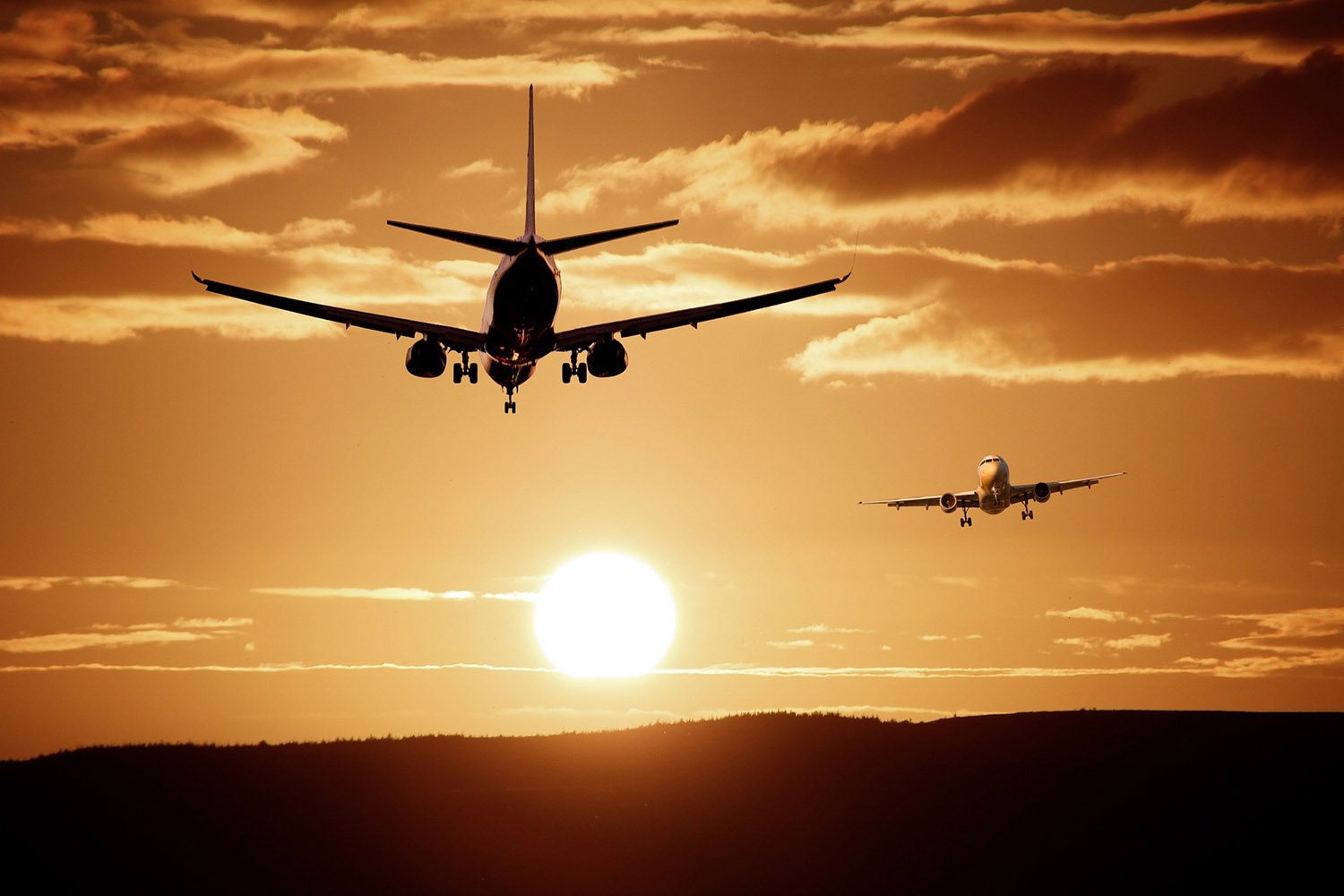In the aftermath of pandemic-related travel restrictions being lifted, there was a surge in travel as people sought to explore the world or went on business trips once again. However, the return to the skies came with unexpected challenges, particularly in terms of flight delays and cancellations, which marred the experience for many passengers. Despite an overall increase in flight volume in Europe compared to 2022, the industry encountered several obstacles, including soaring fuel prices, geopolitical tensions, and labour strikes.
Research conducted by Best Brokers, based on data from OAG, a UK-based global travel data provider, delved into the performance of airlines and airports in Europe throughout 2023. This analysis highlighted Air Dolomiti S.p.A. as the least reliable airline, with a significant portion of its flights experiencing delays or cancellations. Frankfurt International Airport emerged as the airport with the poorest punctuality record.
Various factors contributed to the widespread delays observed in European air travel. Airlines often cited airspace limitations and adverse weather conditions as reasons for delays, while the ongoing conflict between Russia and Ukraine led to reroutings and airspace closures, further disrupting flight schedules. Technical failures, such as the one experienced by flight control systems in the United Kingdom, also led to significant disruptions, causing numerous flight cancellations and delays.
Major carriers like British Airways and Lufthansa found themselves struggling with punctuality, partly due to external factors such as flight control restrictions following severe weather events. Additionally, the surge in travel demand during peak seasons exacerbated the situation, leading to aircraft availability issues and scheduling challenges for airlines.
Despite these challenges, some airlines managed to maintain strong punctuality records. Eurowings, a subsidiary of Lufthansa, stood out as the top-performing carrier, with an impressive on-time arrival rate. Similarly, certain airports, such as Malta International Airport and Warsaw Chopin Airport, demonstrated exceptional punctuality despite the prevailing difficulties.
Labor strikes and staffing shortages emerged as recurring issues across European airports, further exacerbating delays and cancellations. Despite these setbacks, efforts were underway to improve efficiency and passenger experience, with initiatives ranging from technological advancements to sustainability measures.
Overall, the analysis underscored the complex dynamics within the European aviation industry, with airlines and airports grappling with a myriad of challenges while striving to deliver reliable and efficient services to passengers.





















